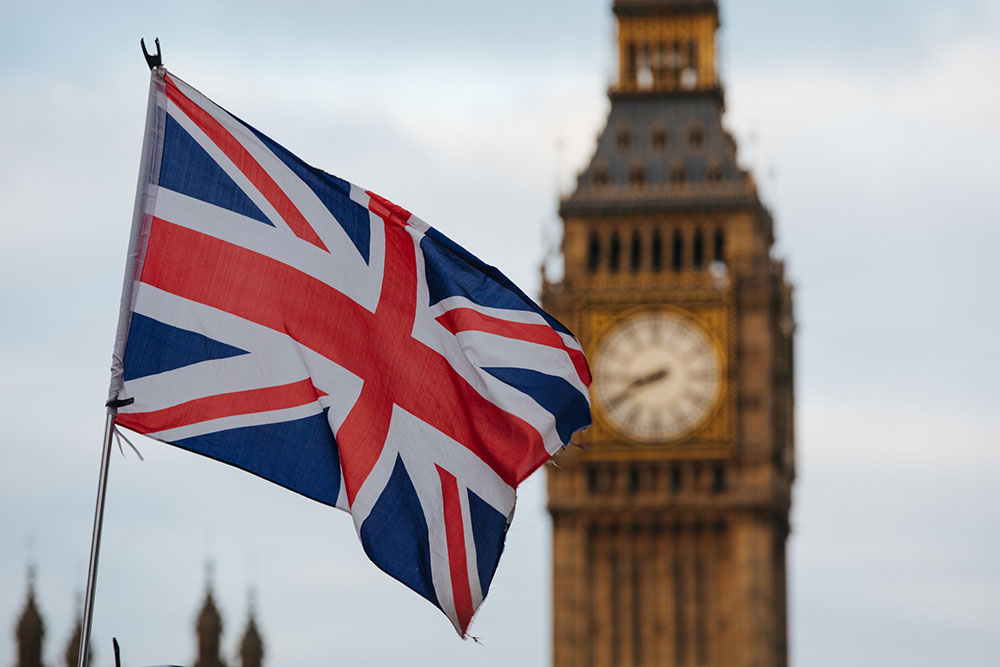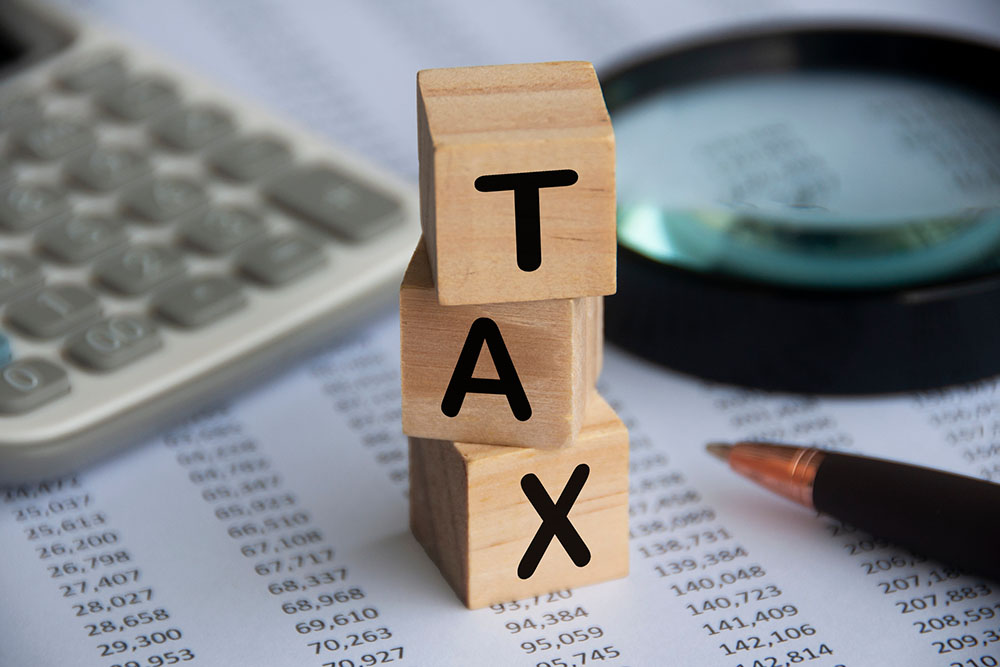The September 2022 Mini Budget
With Liz Truss barely in the door as the new Prime Minister, the pressure was on to quickly deliver much needed support to families during the cost of living crisis.
Kwasi Kwarteng’s first budget statement in his new post as Chancellor had major ambitions. The intention was to provide the ‘biggest package in generations’ of tax cuts to support economic growth.
However, the resulting announcement has been highly controversial, with many of the provisions leaving journalists, critics, and even some fellow Tories, scratching their heads.
The key points are summarised below.
The Economy
- Growth has stagnated and the Bank of England have already warned that the economy is probably already in recession.
- The government intends to target growth of 2.5% per year by stimulating the economy through tax cuts.
- The government commits to publish a full economic forecast to the Office for Budget Responsibility before the end of the year.
Energy Bills
- It had already been announced that the price cap on energy bills would increase to no more than £2,500 instead of the £3,549 originally forecast.
- This would come at a cost of £60 billion, to be funded by borrowing rather than by taxing the windfall profits of oil and gas companies.
- It is thought that this will help to curb inflation, which is currently sitting at around 11%.
Personal Tax
- The headline news item from the announcement was the proposed scrapping of the 45% tax rate for individuals earning over £150,000 per year.
- The basic rate of tax will reduce from 20% to 19% from April 2023, ahead of schedule.
- No changes will be made to the 40% tax band.
- The changes will apply in England, Wales and Northern Ireland only, as Scotland has its own rates of income tax.
- The increase of 1.25% to National Insurance contributions and dividend tax, which was introduced to help with spiralling social care costs, has now been scrapped.
- Increases to duty rates on beer, wine, and cider have also been cancelled.
- The Office of Tax Simplification will be disbanded.
Work and Benefits
- The criteria for claiming Universal Credit have been tightened and benefits will be reduced if eligible claimants don’t fulfil job search requirements. Around 120,000 people will need to take additional steps to find work or increase their hours.
- Jobseekers over 50 will be offered extra time with work coaches.
- The rules for contractors, known as IR35, will be simplified.
- Share options for employees will be doubled from £30,000 to £60,000.
Business
- The rate of corporation tax on business profits was due to increase from 19% to 25% over the next few years. However, the rate will now remain at 19%.
- The cap on bankers’ bonuses has also been scrapped, based on the view that it did nothing to cap total remuneration, and instead drove talent outside the UK.
Property
- The rate of stamp duty will be cut for house buyers in England and Northern Ireland. Like income tax, stamp duty is a devolved matter, and Scotland and Wales have their own separate systems.
- The threshold at which stamp duty starts to be paid will increase from £125,000 to £250,000.
- The threshold for first time buyers will increase from £300,000 to £425,000, and will apply where the property is valued at under £625,000 (increased from £500,000).
- Planning rules, including environmental assessments, will be cut, allowing more land to be used for building, and for this to be completed more quickly.
Conclusions
The new Mini Budget has drawn a lot of attention both domestically and abroad, with one German minister calling it a “major experiment”.
The International Monetary Fund (IMF) has also taken the unusual move of criticising the UK Government’s decision to cut the top 45% rate of income tax, claiming that it will “likely increase inequality”.
Time will tell whether the Government’s bold strategy will pay off in the coming months before the likely next general election (in 2023 or 2024). The budget is based on the idea of ‘trickle-down’ economics, whereby boosting wealth and business growth eventually helps everyone. Critics argue that the more likely outcome is that wealthier people will save more rather than put money back into the economy.
Certainly, many households will welcome news of lower taxes, especially at a time of rising living costs. However, global investors are still nervous about how the UK will be able to fund these plans. At the time of writing, sterling has fallen to a 37-year low and the stock market has dipped. The measures are likely to rely heavily on borrowing, putting further pressure on public finances during a time of rising inflation and interest rates.
The financial planning implications of these recent events are significant and it is important to navigate the shifting economic landscape prudently. Please don’t hesitate to contact a member of the team if you would like to find out more about the announcement.












